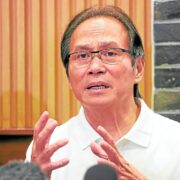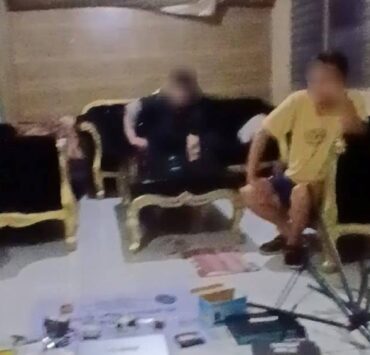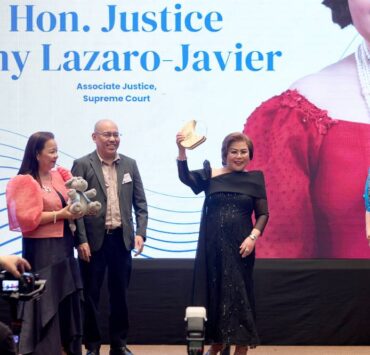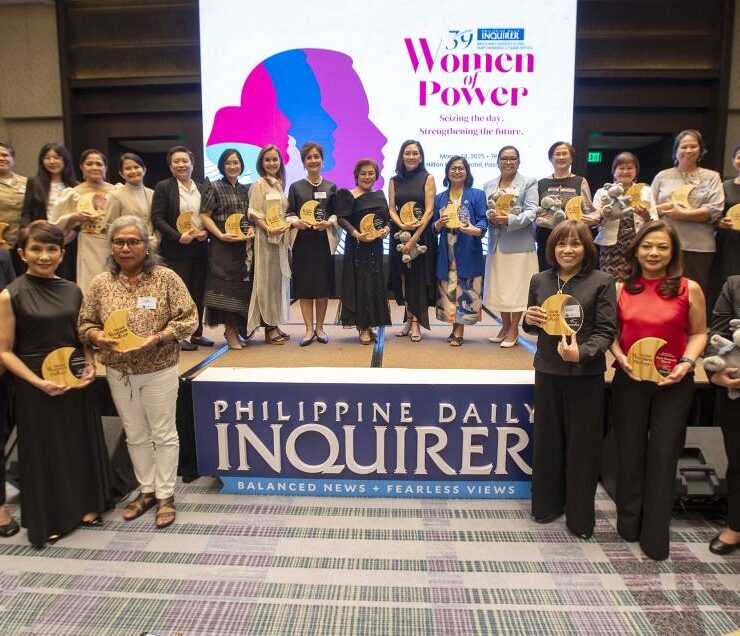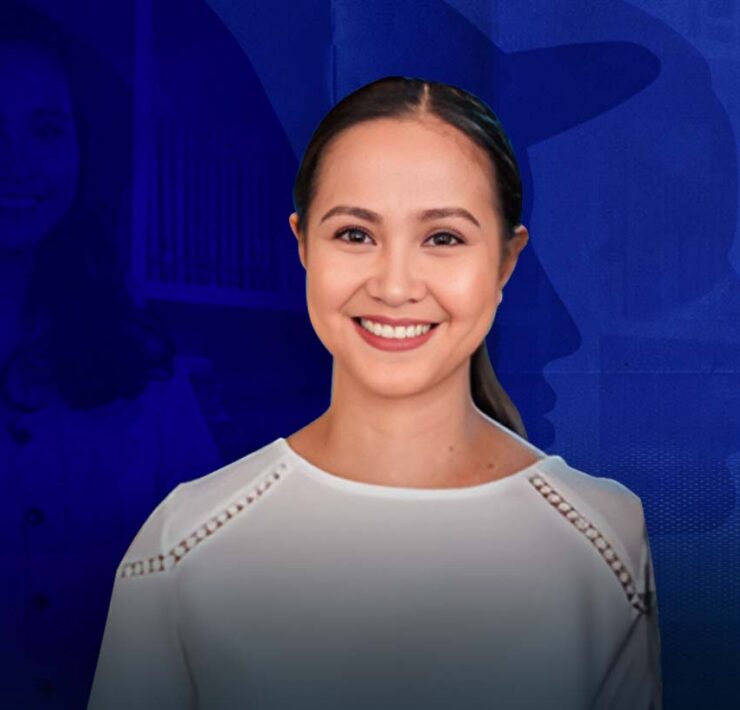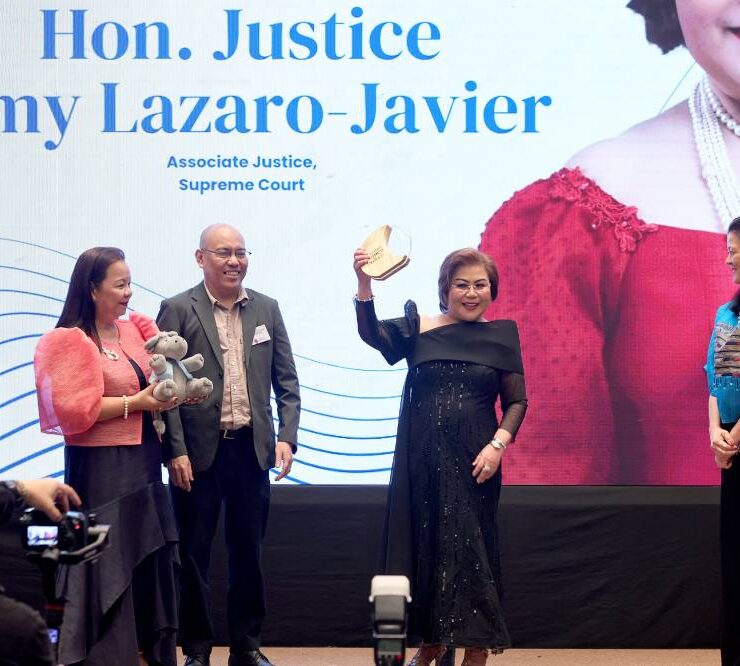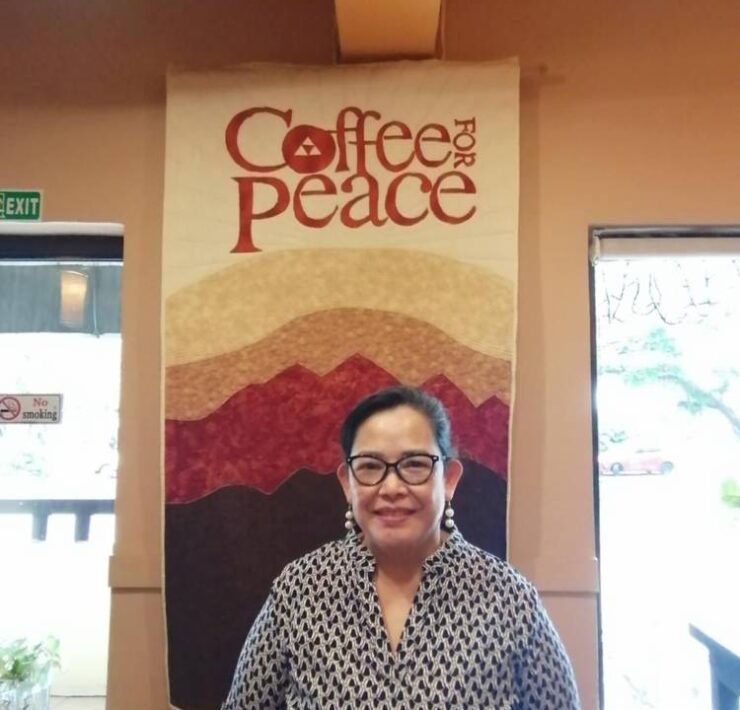Kristina Conti’s long road to human rights advocacy
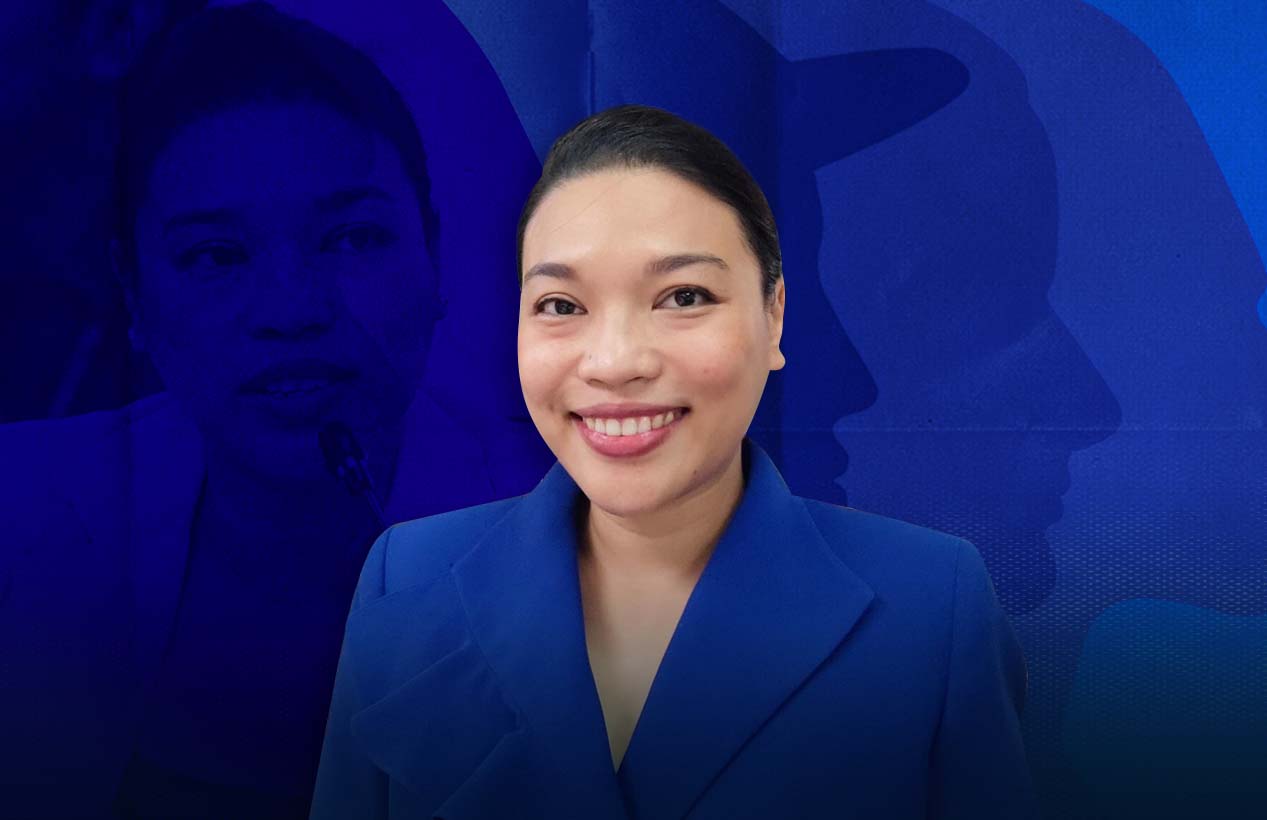
A human rights activist first before a lawyer.
That is how Kristina Conti of the National Union of People’s Lawyers (NUPL) sees herself in the work that she puts in, so that those who have nothing and no one to run to will have a fair fighting chance before the law.
Amid the midterm election campaign this year, she also hopes to extend her human rights advocacy beyond the practice of law—having thrown her hat in the electoral arena as a 5th nominee of party list group Bayan Muna.
Conti, a native of Batangas province, partly credits the kind of lawyer she has become to her mother, who, like her, is a people’s lawyer and an alumnus of the University of the Philippines-College of Law.
“I wasn’t conditioned to see only high-flying city lawyers; she had clients in prison… She was paid in bananas, fish and trinkets,” Conti said in an essay she wrote in February for the nonprofit advocacy group Global Citizen.
“So to me, being a lawyer wasn’t necessarily glamorous—it meant hard work, intelligence and resourcefulness,” she said.
Watershed moment
But Conti did not see herself as a lawyer at first. She initially took molecular biology and biotechnology courses after getting a science scholarship in high school and college.
She soon realized she lacked interest in these courses and shifted to journalism studies at the UP College of Mass Communication, where she said “she was happier exploring things I could see without a microscope.” There, she was also involved in activism and community work.
After graduating in 2007, she was hired as a reporter in BusinessWorld, where she was pulled in by the “power” of words to drive change and make a difference.
The sudden disappearance of a dear friend doing full-time community work in the province and the inaction of the government in cases of “desaparecidos” was a watershed moment for Conti.
With cases of enforced disappearances on her mind, she entered law school in 2008. She was immediately exposed to the work of NUPL, and that was when she knew she was made to be a people’s lawyer.
She became a full-fledged lawyer after passing the Bar in 2014.
Enter Duterte
Conti continued to be a part of NUPL while taking an associate position at the Public Interest Law Center, which also provides legal services to the marginalized and underserved sectors.
Among the cases she took were the trumped-up charges of illegal possession of firearms against political prisoner and UP Film student Maricon Montajes, who was successfully released in early 2016; as well as the kidnapping and illegal detention case against retired Gen. Jovito Palparan Jr., who was eventually convicted in 2018 over the disappearance of UP Los Baños students Sherlyn Cadapan and Karen Empeño.
By 2016, just three years fresh from law school, Conti would feel the weight of her work with the entry of a new president—Rodrigo Duterte.
‘Looking over my shoulder’
When Duterte replicated on a national level his antinarcotics policy as longtime mayor of Davao City, Conti was all eyes and ears to the brutality and bloodshed of that so-called war on drugs particularly among the poor communities.
“It was not a war, but a massacre—and not against drugs, but against the poor,” she told Global Citizen.
Conti, who said she was also terrified of being targeted at the height of the drug war, told Amnesty International in 2019 that she developed a “creepy habit of looking over my shoulder” whenever she would travel back and forth from her home and office.
She would be wary of motorcycle riders, even “staring [at them] intently,” stressing that lawyers, specifically those working for human rights, were among the unfortunate casualties of impunity in the country.
“Drive-bys are unfortunately part of the reality here and lawyers are often killed near their office or home,” she had said.
With bodies piling up on the streets in the name of “cardboard justice,” as Duterte enabled police forces and organized criminals to “kill, kill, kill” and publicly name and shame suspected drug users and pushers, Conti was among the human rights lawyers who took on the cases of some of the extrajudicial killings.
“People are afraid, especially the eyewitnesses. They know the consequences of going against the police and they know that the next murder could affect them or their family. And who are they supposed to report it to? The police officers who commit the murders? They have nowhere to turn,” she had said.
Role of victims in ICC
Conti has been on the front lines as one of the counsels leading the charge in the fight for justice and accountability against Duterte.
Through the Rise Up for Life and Rights, she is among the lawyers assisting the drug war victims and their families in the investigation of the International Criminal Court (ICC) in connection with the thousands of deaths in the drug war. Conti is also only among a handful of lawyers accredited by the ICC.
Her arrival last week at the ICC court in The Hague, following Duterte’s March 11 arrest and detention there, signals a new hope for the families who suffered and bore the brunt of Duterte’s drug war, as she lays the groundwork to ensure that victims would have participation in the ICC proceedings
For continuing to be a force against the mighty, Conti is a woman of power.













